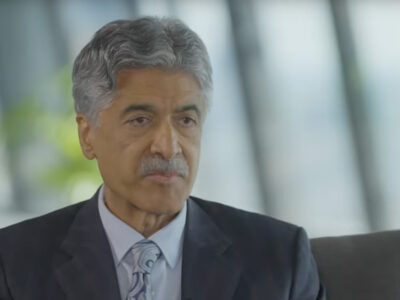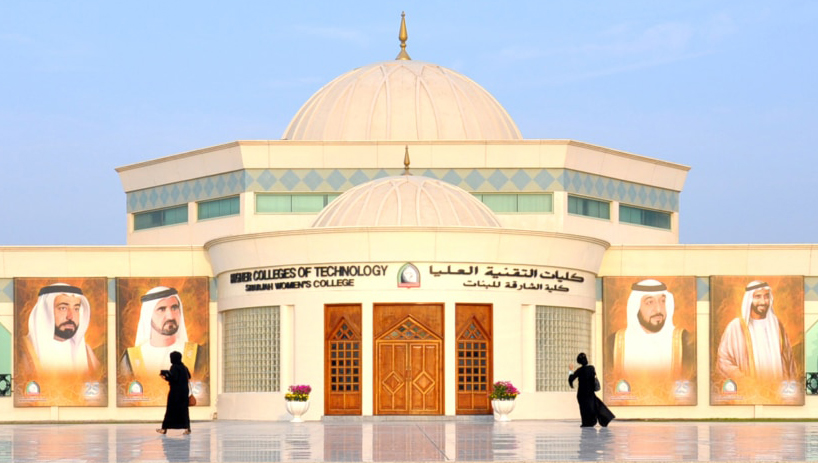The Higher Colleges of Technology (HCT), UAE’s oldest university established in 1988, will kick off 2021 with the launch of its third accelerator programme in mid-January.
The goal of the 100-day-long programme is cutting down on the processing time of typical university procedures by automating them and finding ways to increase efficiency, said Abdullah Al Mheiri, vice president of shared services at HCT.
“With every procedure which is streamlined and made more efficient, you are saving the environment and you are saving time, which equals money. You are also reducing stress on employees and students by making their university affairs simple,” said Al Mheiri.
In a university the size of HCT, with 23,000 students spread across 16 campuses, efficient processing is especially important, he added.
Examples of modernised procedures include salary declaration requests, which can now be obtained by a click of a button, and payment of school tuitions, which again take less paperwork and time after programme participants worked on streamlining them, explained Al Mheiri.
“The traditional bureaucratic way of handling procedures is over. People tell me we cannot change the procedure; it is like this. I tell them the procedure was written by a person and so can always be changed to be made better,” he added.
Al Mheiri was inspired to start the programme in HCT, following his own experience with government accelerators back in 2018 when he participated in the UAE’s Council of Minister’s diploma programme and was introduced to the concept.
“We really learned the value of teamwork. If we cannot work together as a team, and come together across the various relevant government bodies for a common goal, then we cannot do anything,” said Al Mheiri.
“My team and I worked on 32 procedures during that period and were recognised for this achievement. Following that experience, I decided to apply what I had learned to the university in a second cycle of the accelerator programme,” he continued.
Ten procedures were tackled in the second cycle while 44 procedures were proposed for the third cycle.
 Abdullah Al Mheiri, vice president of shared services at HCT
Abdullah Al Mheiri, vice president of shared services at HCT
“Following the success of cycles 1 and cycle 2, we are having a big demand for this programme. Employees are reaping the benefits since they are part of the university and therefore are positively affected by more efficient processes,” said Al Mheiri.
“Participating employees also get priority for salary or title promotion when the time comes for that. When it comes to evaluation, an employee who does not do anything extra will not be treated the same as an employee who is active and participates in the programmes,” he added.
Meanwhile, the Council of Minister’s government accelerator programme is ongoing and Al Mheiri said university staff and faculty regularly participate in its cycles. Their programme brings together multiple government offices to develop coordination among them and supports them in automating or cutting down the processing time of their procedures.
“Graduates of the Council of Minister’s programme have been asked to transfer their knowledge to the governments of Egypt and Jordan,” said Al Mheiri.








